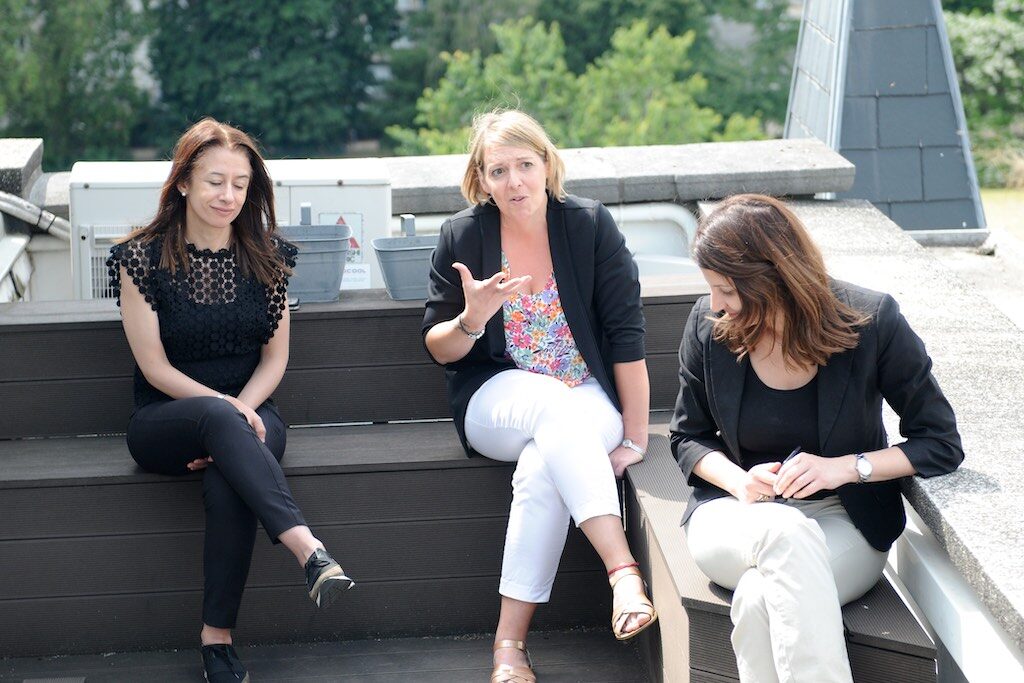FRequently asked questions

What is the definition of co-creation?
Co-creation involves a transdisciplinary team which has to include end users and professionals who have a “formal responsibility” in the process. It is based on shared understanding of a situation, creation of a shared language, dialog, combination and mutualization of skills and interdependence and involves shared negotiation of goals. The underlying objective of the process is to initiate a process of change leading to a new prosperity.
Who and what can benefit from working with co-creation processes?
A great variety of people involved in delivering welfare services will benefit from using co-creation in their work.
Can people join during the course? Does it matter if people miss course days? Is it acceptable for participants to involve new partners during the course?
The course has been designed so that people gain the most by attending all 4 days. We therefore recommend that people do not miss course days. Those that have attended the course before have found it more beneficial to build their knowledge up over the course to apply it throughout the course. However, this decision is ultimately placed with the discretion of the facilitator. In situations where course days have been missed by an attendee, we suggest the facilitator/attendees ensure that people are updated on lessons learned from missed sessions. See our Top Tips for some ways to address this.
Is it acceptable for new attendees to join the course while it is running?
This is up to the facilitator’s judgement. However, people can join during the course if this would be useful.
Is it a problem if participants cannot do the bridging activity?
No, they can think about how they could or would carry out the activity and explain how they could adapt it.
Who owns the Intellectual Property (IP) of the course?
It is free to use as long as you acknowledge the Co-Creating Welfare project.
Is it recommendable to have a real co-creation project running along the course?
Yes. It would give a more realistic view on the teaching with a real case.

